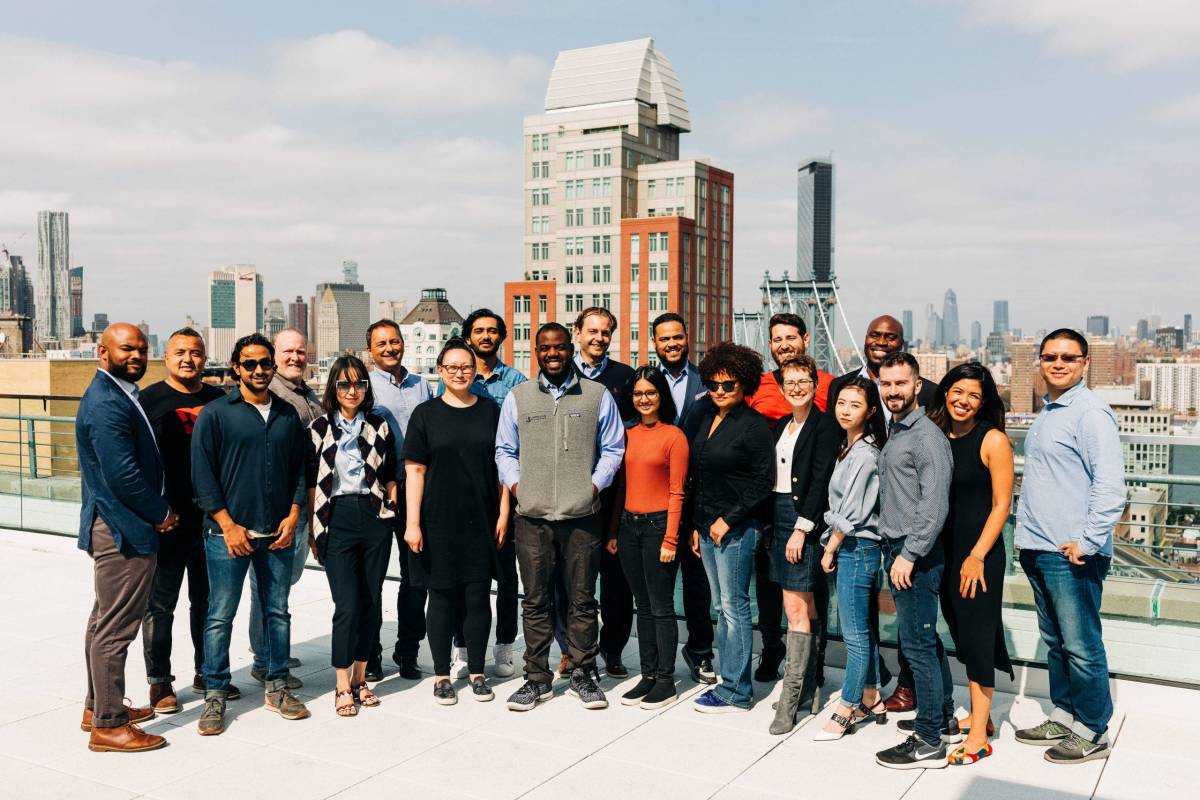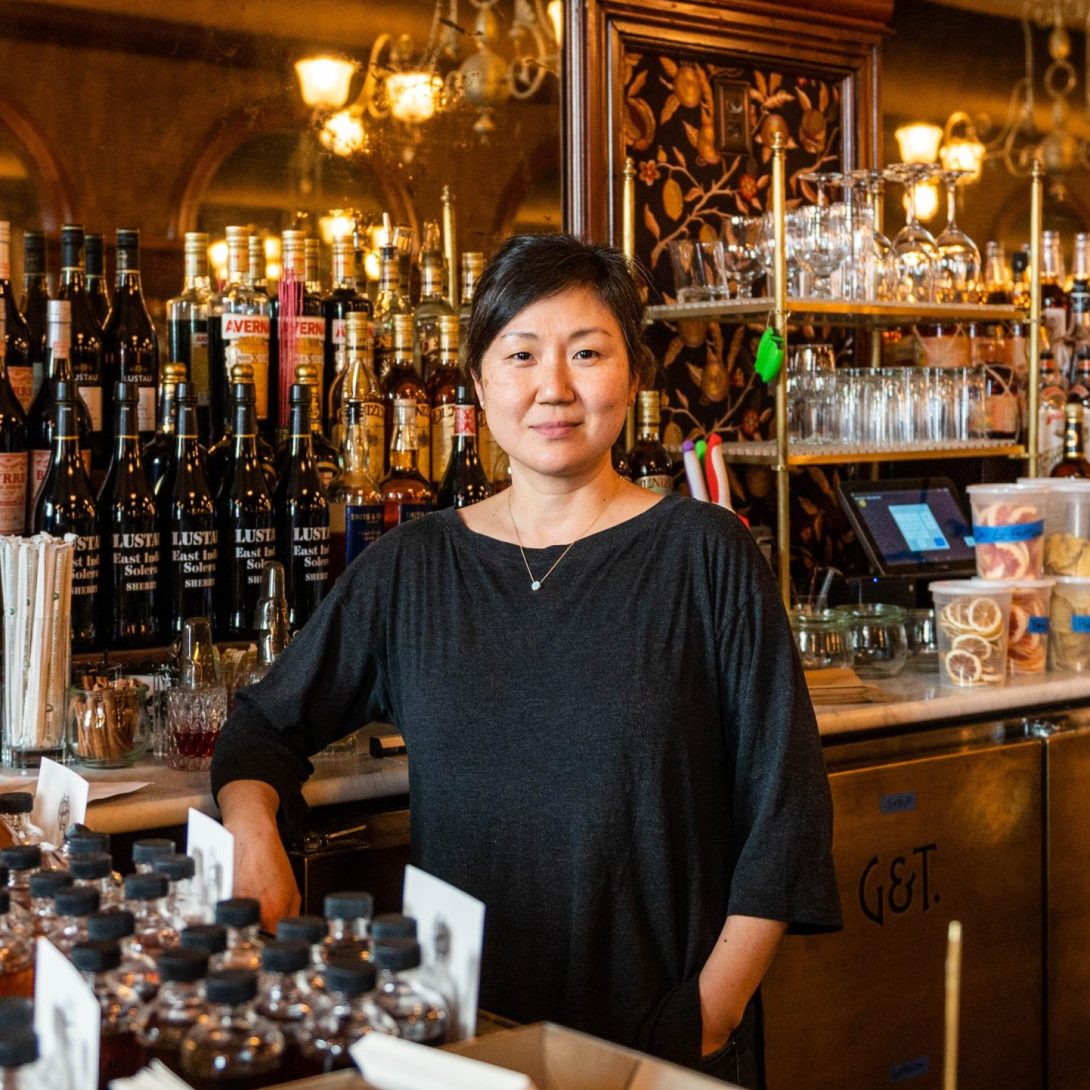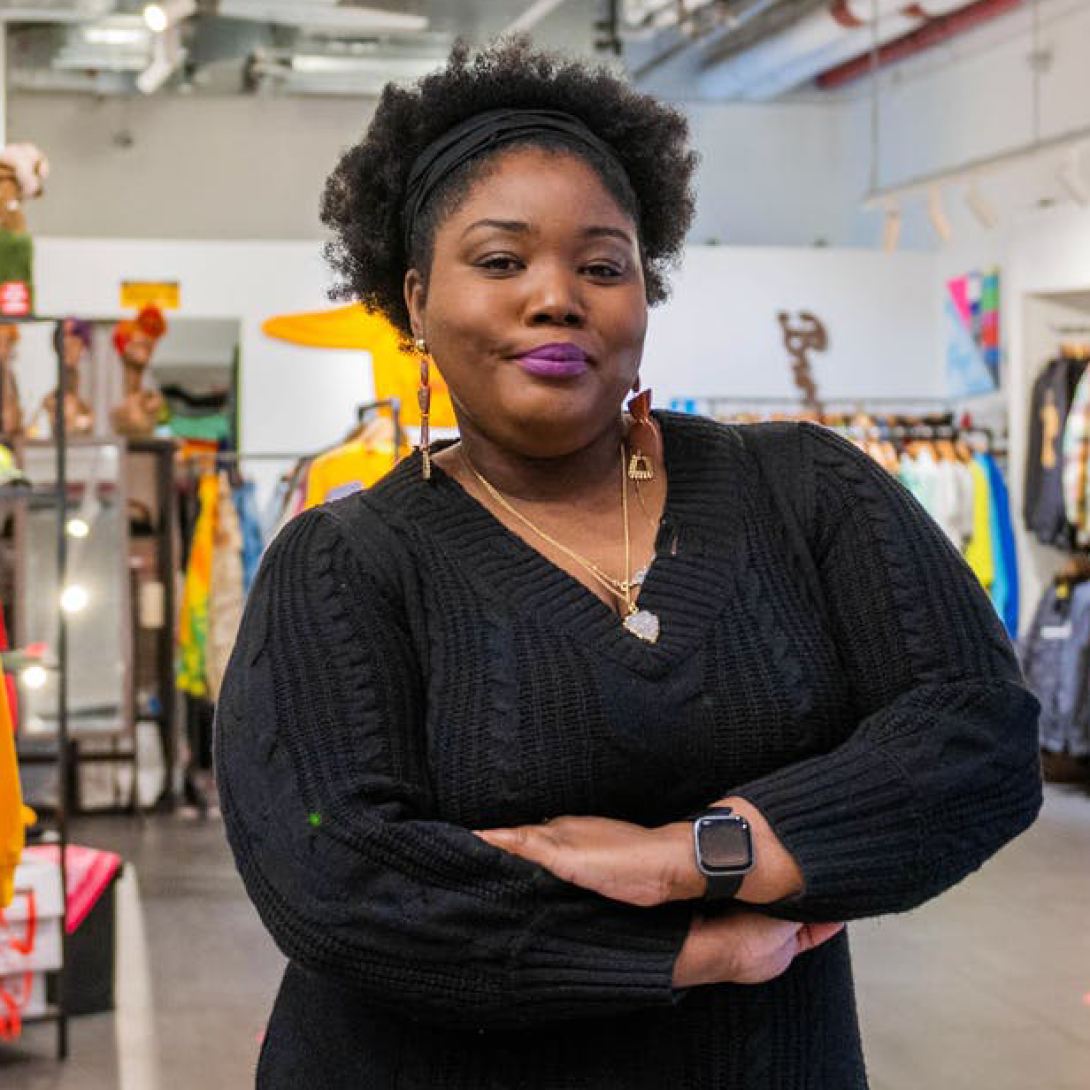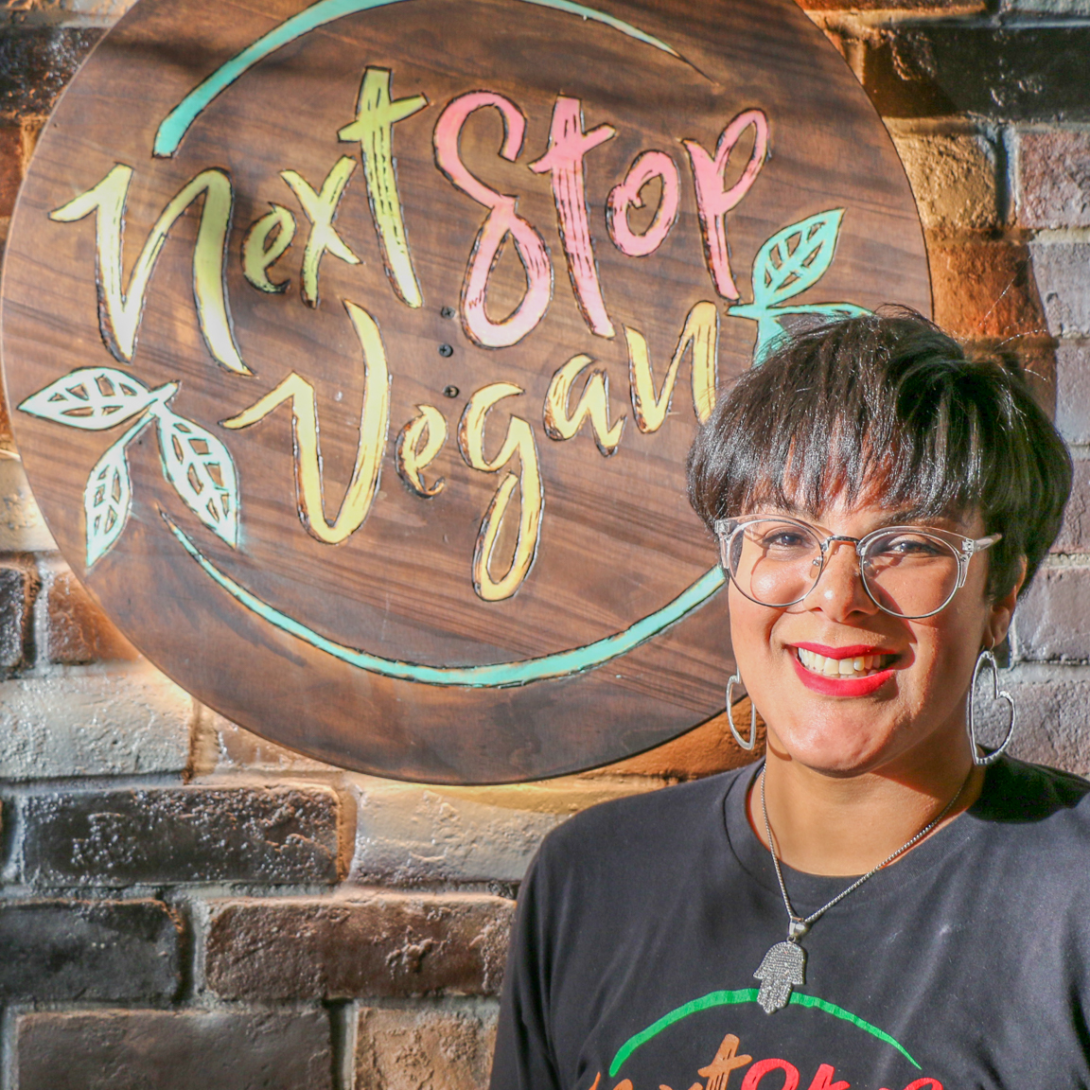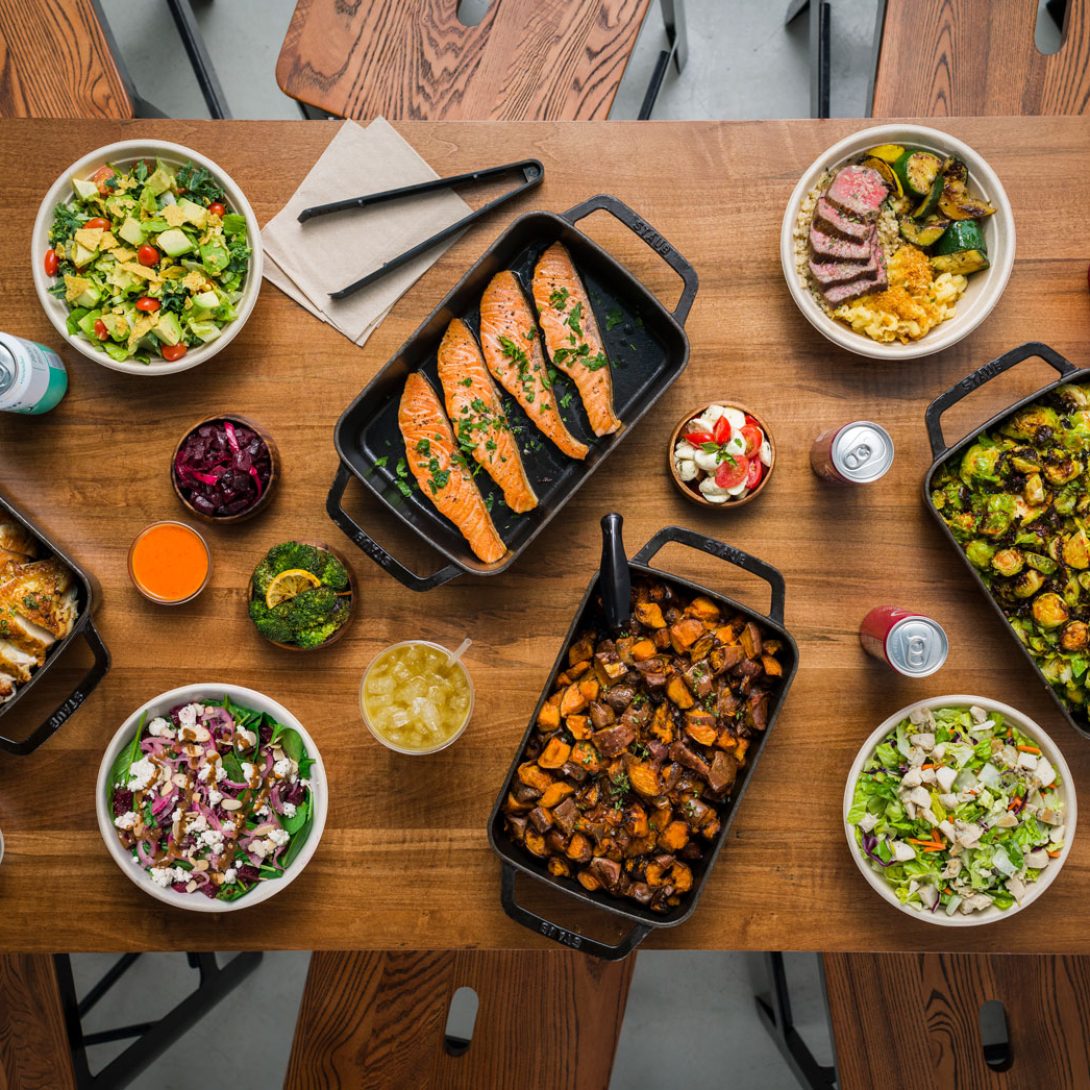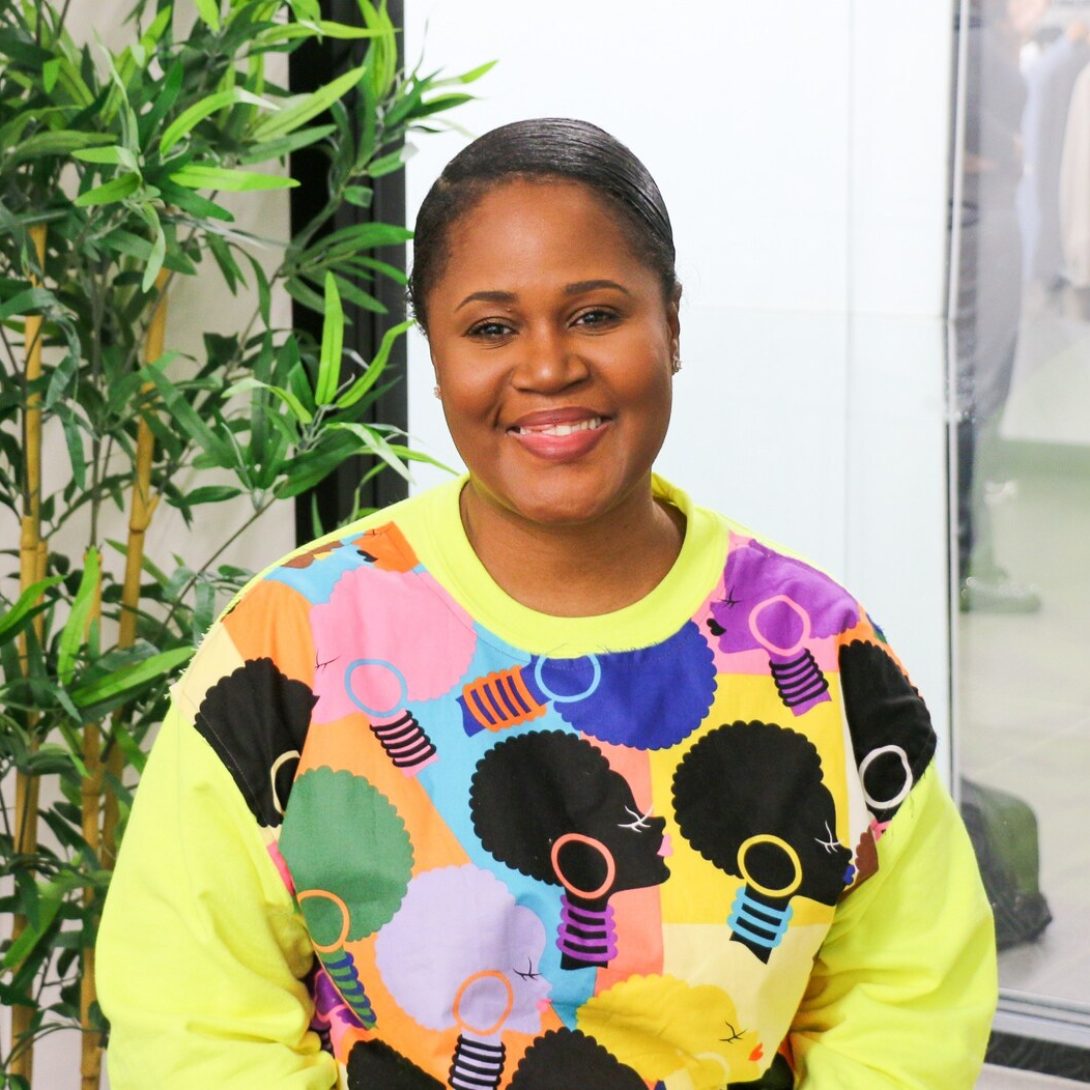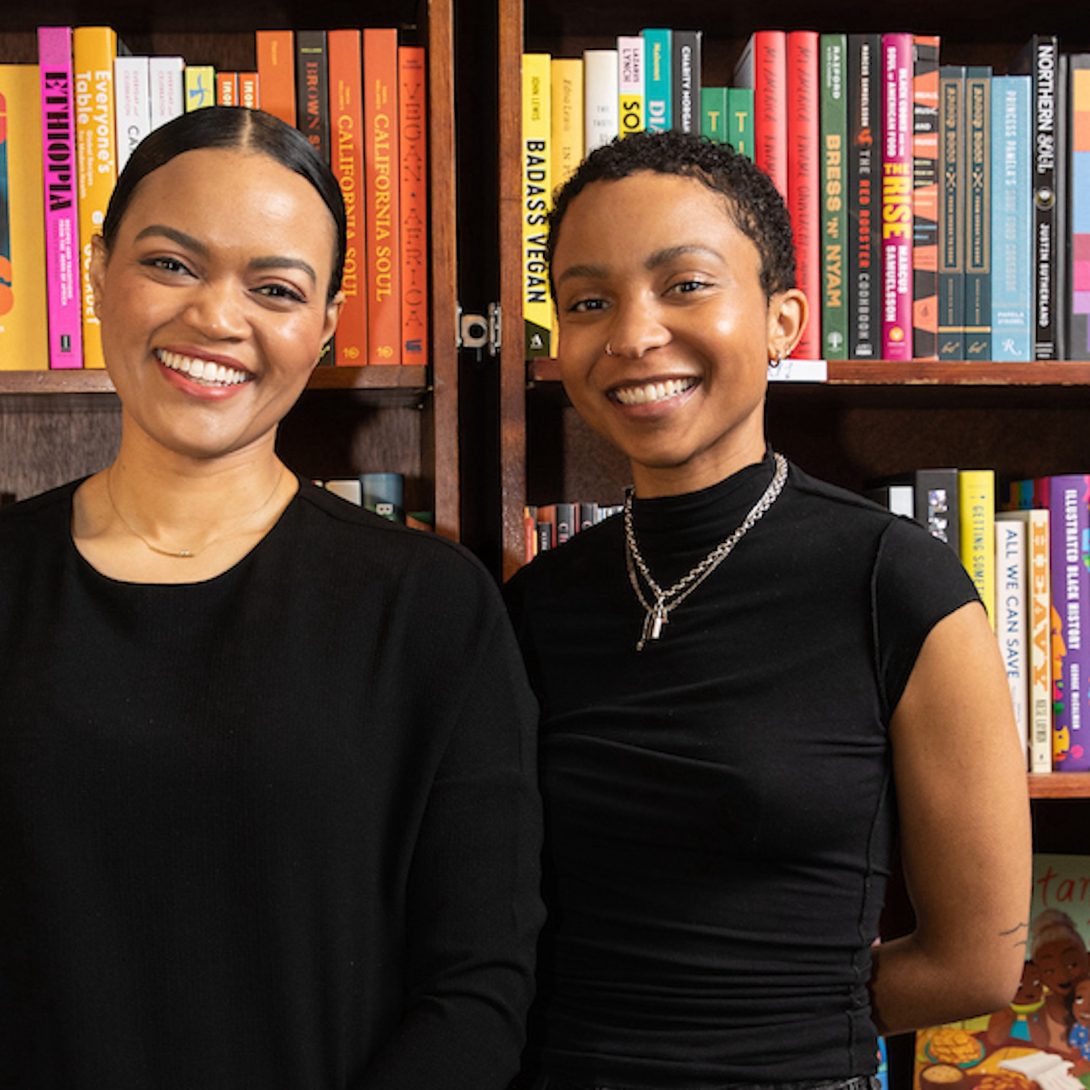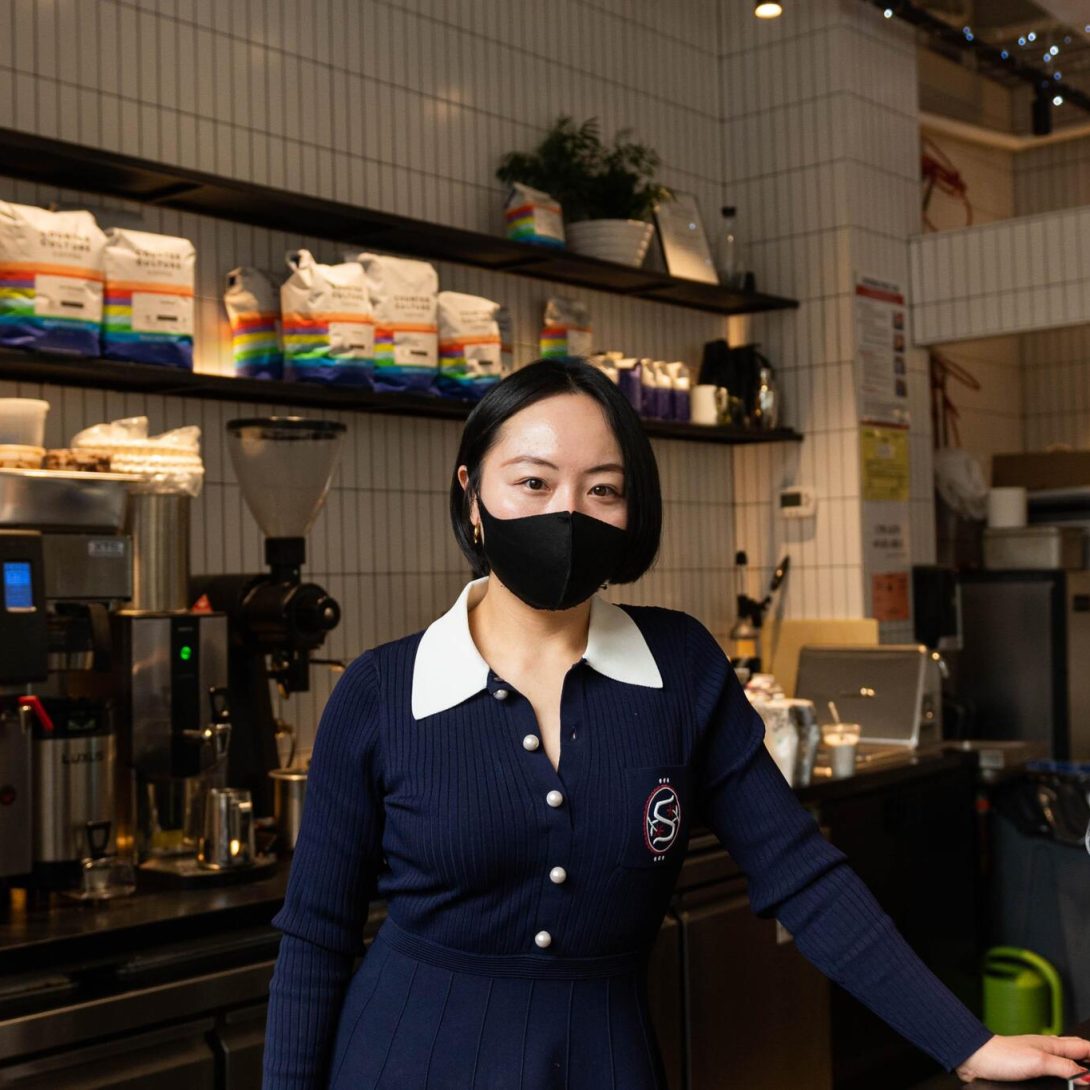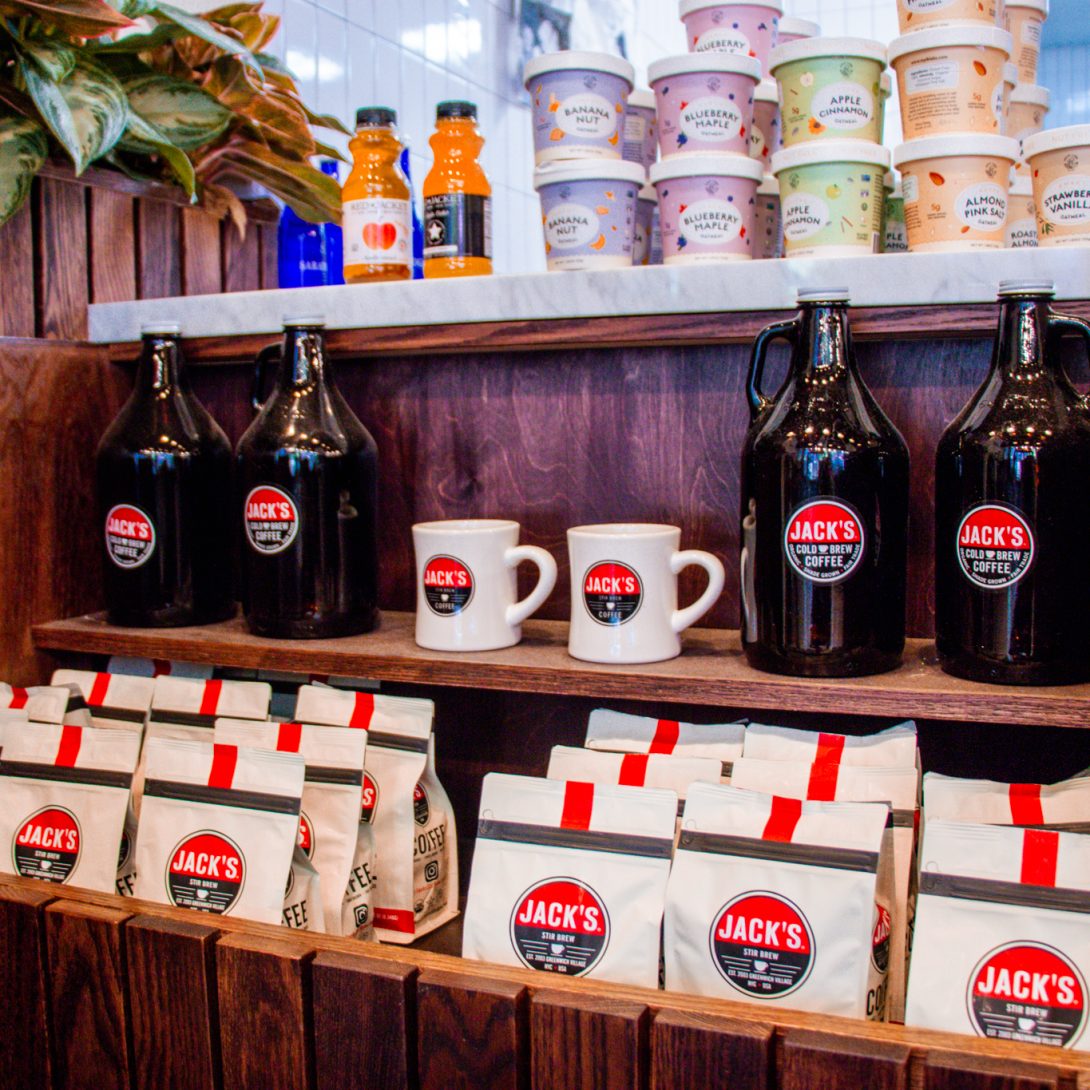BlocPower, a climate technology startup based in the Brooklyn Navy Yard, was founded in 2014 with a mission to make American cities greener and healthier. To date, the company has retrofitted more than 1,000 buildings in financially disadvantaged communities throughout New York City, and has projects underway in 24 cities.
We spoke with Donnel Baird, co-founder and CEO, and Keith Kinch, co-founder and General Manager about BlocPower’s founding story, growth, and mission.
What inspired you to start BlocPower?
Donnel Baird (DB): Keith and I met in 2006 in Brownsville as young men in politics. I grew up in Bed-Stuy and Keith grew up in East New York. We met in the middle in Brownsville where we were working on political campaigns and we became really close friends and professional collaborators. I spent 3 years working on green buildings as a consultant to the Obama Administration and went on to study at Columbia Business School. One day, a CEO from a solar company spoke at one of my classes, and when asked if solar panels could be installed in buildings in Brownsville where I was a community organizer, he said it couldn’t be done because it’s a low-income community.
I knew that millions of Americans in neighborhoods like Bed-Stuy, East New York, and Brownsville wanted change, and to me that included solar panels and all the job creation that comes with them. It became clear that if we wanted communities like these to have solar panels just like everyone else, we were going to have to start a company by ourselves.
I started BlocPower when I was still in business school and Keith joined in 2015. In the summer of 2016, Keith put together one of the largest solar projects in New York State, “Solarize Brownsville,” and installed solar panels on 200 homes in one of the lowest income neighborhoods in NYC – something we were told couldn’t be done.
How are you working with local residents or partners to train Brooklynites for jobs in technology?
DB: We support workforce development in communities of color, and in women, veteran, and minority-owned small businesses. A great example is Jay from Royalty Construction, who owns a HVAC installation firm in Brooklyn. We were able to connect Jay with Daikon, one of our Japanese manufacturing partners. Jay and his team have been trained and certified by the manufacturer on how to install its products correctly, and they have become a Daikon-preferred contractor in Brooklyn. Royalty Construction has been able to work on several of our projects recently in Brooklyn and even outside of the borough.
How has your company grown since 2014? What’s next?
DB: It’s going to take 10 years to dramatically reduce greenhouse gas emissions from buildings, which produce 30% of emissions nation wide. That’s 10 years to green 137 million buildings. We’re excited to be able to raise capital in our recent fundraising round to have the opportunity to expand and help solve this problem while also creating jobs for hundreds of thousands of American workers.
We have currently expanded beyond NYC into 24 different cities across the country— Baltimore, Washington DC, Philadelphia, Chicago, and more. We recently opened offices on the West Coast and in the Midwest, which we are going to continue to build and expand. We also expect to expand to Atlanta, Michigan, Detroit, Alabama, parts of California and the Pacific Northwest.
What do you look for when hiring for BlocPower? What do you value?
DB: We are looking for people to join our team who are technically gifted and mission-driven to mitigate climate change.
What does being a Brooklyn-based business mean for you?
Keith Kinch (KK): It’s about giving back – the only reason I am here today is because there were people in the neighborhoods I grew up in who either served as a safety net or otherwise mentored me. The ability to go back to those neighborhoods and do good for the community, whether through greening buildings or creating jobs, just as they invested in me, is gratifying. It is hard work but it’s important work and I enjoy it.
DB: Keith and I had tough childhoods in tough neighborhoods when a lot of Brooklyn was still very rough, but we’re from Brooklyn through and through. It’s a privilege to be in a position to be able to give back, not just philanthropically but also by hiring young people from Brooklyn. We’re making contributions to improve our community and doing so in partnership with the older generation who mentored us.
There are almost 900 buildings in Brooklyn that we’ve greened and made more energy efficient. We’re saving people money and we’re trying to create new jobs. We’re trying to save the planet.
What better place is there to demonstrate how to save the planet than Brooklyn? If we can figure it out in Brooklyn, we can figure it out anywhere.
